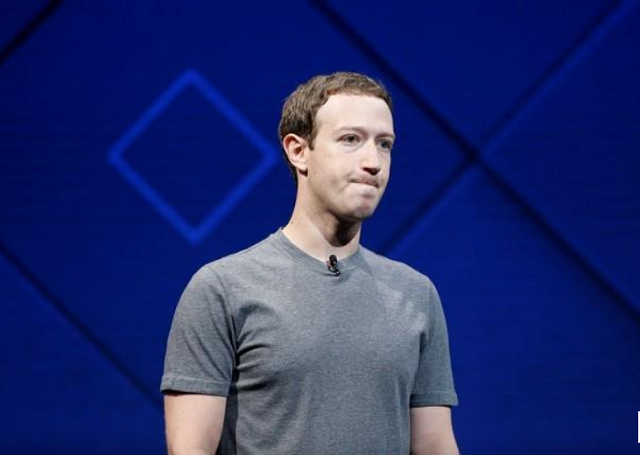Facebook has launched a fresh effort to quell the firestorm over the hijacking of personal data, by once again unveiling new privacy tools and settings to give users more control over how their information is shared.
The new features follow fierce criticism of the social network giant after it was revealed that the personal data of tens of millions of users was harvested by a British firm linked to Donald Trump’s 2016 presidential campaign.
The company acknowledged that it needed to “do more to keep people informed,” but said the changes have been “in the works for some time.”
“We’ve heard loud and clear that privacy settings and other important tools are too hard to find,” chief privacy officer Erin Egan and deputy general counsel Ashlie Beringer said in a blog post.
“We’re taking additional steps in the coming weeks to put people more in control of their privacy.”
The updates include easier access to Facebook’s user settings and tools to easily search for, download and delete personal data stored on the site used by two billion people.
Facebook said a new privacy shortcuts menu will allow users to quickly increase account security, manage who can see their information and activity on the site, and control advertisements they see.
Facebook’s terms of service and data policy are being updated to improve transparency about how the site collects and uses information, according to Beringer and Egan.
The social network said it is also shutting down ‘Partner Categories,’ a feature which enables more precise targeting of ads by combining information from Facebook with data aggregated by outside companies such as Experian and Acxiom.
“This product enables third-party data providers to offer their targeting directly on Facebook,” product marketing director Graham Mudd said in a statement posted online.
Facebook says its new privacy settings will give users more control of their data, but some say CEO Mark Zuckerberg has made similar promises before.
“While this is common industry practice, we believe this step, winding down over the next six months, will help improve people’s privacy on Facebook.”
Earlier this month, whistleblower Christopher Wylie revealed political consulting company Cambridge Analytica had obtained profiles on 50 million Facebook users via an academic researcher’s personality prediction app.
The app was downloaded by 270,000 people, but also scooped up their friends’ data without consent — as was possible under Facebook’s rules at the time.
Yet some analysts said Facebook and its chief Mark Zuckerberg have made similar promises in the past.
“Zuck promised easier, better privacy controls ‘in the coming weeks’ eight years ago,” Zeynep Tufekci, a University of North Carolina professor who studies social media, said on Twitter.
“The solution isn’t shifting the burden to the user because the problem is the negative externalities of the business model.”
Jennifer Grygiel, a Syracuse University professor of communications, said the new privacy settings and tools “are so obviously important to users that one has to wonder why this wasn’t already done.”













